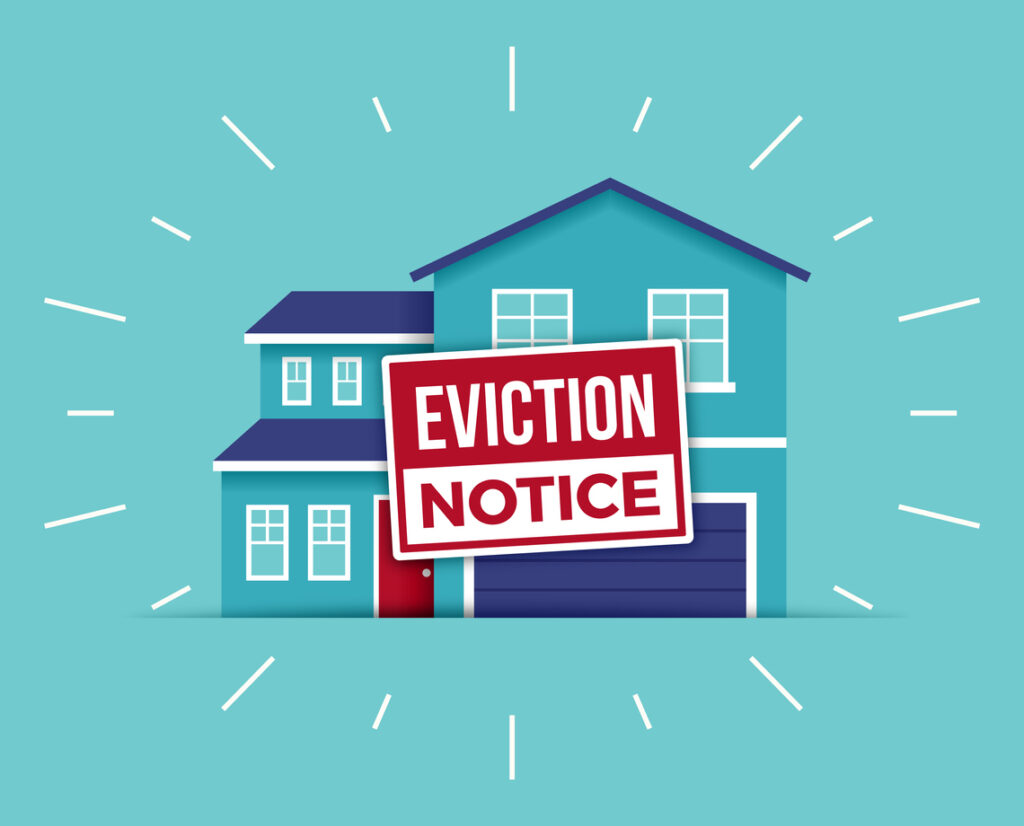3 Reasons Every New Landlord Needs Strict Tenant Screening Qualifications
How high do you set the bar for your tenant approval process? Do you conduct a thorough background check, credit check, and check all references? Do you reject tenants with a credit score under 650 regardless of how quickly you need to rent your property?
If you’re a new landlord, you might not be aware of all the reasons to set high standards for tenants. After all, setting high standards means you might not rent your property quickly and you could have less prospects to choose from. That’s true, but the consequences of lowering your standards can be devastating.
Here’s why you need strict tenant screening qualifications.
1. You could get sideswiped by a professional tenant

Source: jacksonvillespropertymanagement.com
Professional tenants look for opportunities to exploit loopholes in landlord-tenant law in order to game the system. Sometimes they find ways to move in without paying a deposit, or they stop paying rent after a month while they file for bankruptcy.
Here are the signs to watch out for
- An applicant knows landlord-tenant law inside and out and makes it known. Some professional tenants abuse the court system continually for decades in order to evade eviction.
- Knowing the law isn’t always a sign of a professional tenant. However, combined with several other signs, this could indicate you’re dealing with a professional tenant.
- An applicant has a history of evictions on their record. Professional tenants have been through the system.
- An applicant has multiple bankruptcies, accounts in collection, and bad credit. Professional tenants usually move from one property to the next with lawsuits in between. It’s not a good sign when someone has multiple bankruptcies and evictions on their record. There are gaps in an applicant’s rental history that don’t make sense.
- The applicant might explain rental history gaps by saying they were sleeping on a friend’s couch for a while. However, if that’s their explanation for more than one gap, it’s a bad sign.
- They provide suspicious references. When you call a reference that doesn’t seem legit, it could be a friend posing as an employer or even a former landlord.
- While it’s possible for applicants to display a few of these red flags without being professional tenants, the likelihood increases as the number of red flags increases.
There’s no way to know for sure, so if you see red flags, it’s wise to err on the side of caution.
2. You might end up with a tenant who won’t pay rent

Source: apartments.com
If you run an applicant’s credit report and find missed payments or accounts in collections, that’s a bad sign. That means for some reason, they didn’t pay their bills. While there are some valid reasons for not paying bills – like being unemployed or in the hospital without income – you won’t find that information in a credit report.
You have no way to know if someone just chose not to pay their bills. That’s not the kind of person you want renting your property. With an eviction moratorium in place that protects non-paying tenants, now is not the time to take on a tenant who might end up not paying rent for any reason.
Although the moratorium only applies to those experiencing a hardship caused by the pandemic, many people have been getting away with illegally withholding rent. At the end of the day, it won’t matter why a tenant isn’t paying rent. If you’re not getting rental income, you’re losing income, and you’d have to file a lawsuit to recover illegally withheld rent.
3. Evictions are getting harder to process

Source: louisianalawblog.com
In addition to the nationwide eviction moratorium, states and cities have their own moratoriums in place. Even after the eviction moratoriums are lifted, some states are making it harder to evict.
For example, Washington state Governor Jay Inslee recently signed a new bill into law prohibiting landlords from evicting tenants without cause. The law is intended to prevent landlords from evicting tenants in retaliation for requesting repairs or asserting their legal rights as tenants.
Prior to this law, landlords didn’t need a reason to give tenants a notice to vacate. Now, there are only 14 approved reasons a landlord may ask a tenant to vacate, and the reason must be cited when the tenant is asked to leave. The law was created specifically to protect tenants during the pandemic who may not be able to find another place to live.
Strict standards will help you stay profitable
Setting the bar high is the best way to protect your property, and ultimately, your long-term income. Don’t lower your standards just to fill a vacancy. You can’t afford to let a bad tenant slip through the cracks. You can also learn more here.











